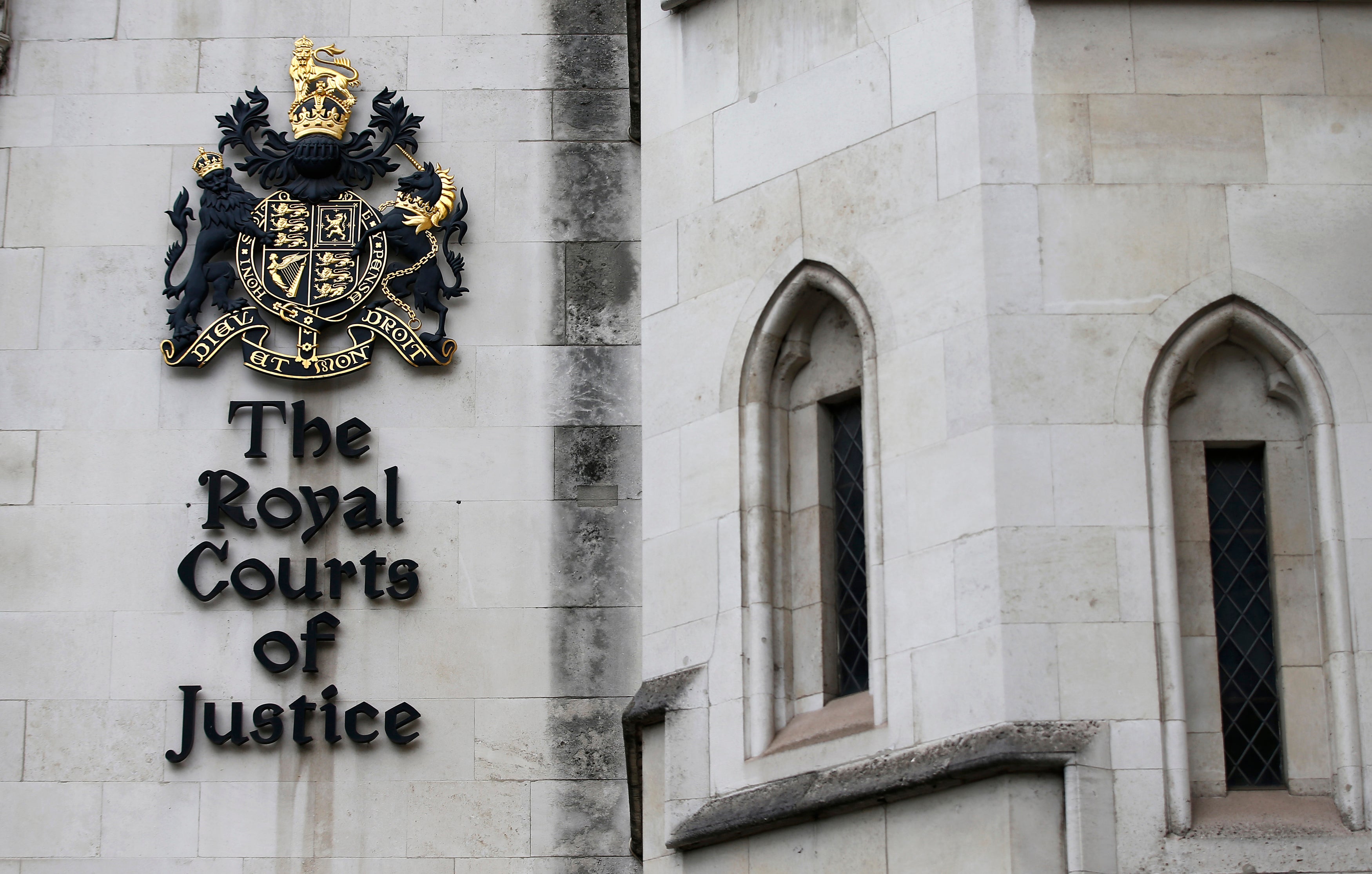
The Court of Appeal has ruled that the Independent and Huffington post defamed a French aerospace engineer in a case which has wide-ranging implications for freedom of expression.
The judgment from Lord Justice Davis states that it is not necessary for a libel claimant to provide concrete evidence of harm to their reputation.
It is a judgment which strengthens the hand of libel claimants by watering down a new protection apparently given to publishers in the 2013 Defamation Act.
Section 1 of the Act sates: “A statement is not defamatory unless its publication has caused or is likely to cause serious harm to the reputation of the claimant.”
The judge in Cooke versus Sunday Mirror (2014) and said the new law meant “it was necessary for claimants in defamation cases to produce evidence to demonstrate actual or likely serious harm to their reputations”.
Now Lord Justice Davis has ruled that this judgment was wrong and that it went too far.
He said it was enough for a judge to infer that the words complained about were likely to cause serious harm without requiring specific evidence of this.
He said the effect of section of the 2013 Act was therefore only to raise the threshold for libel claims from substantial harm to serious.
Bruno Lachaux sued AOL and Independent Print over articles which appeared in the Huffington Post, Independent, i and Evening Standard in 2014.
AOL and The Independent were appealing against preliminary High Court ruling on the case from June 2015 in which it was ruled that the articles were defamatory and likely to cause serious harm to the reputation of Bruno Lachaux.
The stories were about a particularly acrimonious divorce dispute and took the side of the wife, Afsana Lachaux. The dispute centred around custody of the pair’s son, now seven, and whether a divorce settlement in Dubai or one agreed in London was binding.
Lord Justice Davis summed up the meaning of the articles as follows:
“The claimant has, among other things, variously been accused of domestic violence and abuse: that connotes criminal acts of assault.
“He has been accused of child abduction: a criminal act.
“He has been accused of fabricating false allegations against Afsana with a view to having her imprisoned: a criminal act of attempting to pervert the course of justice.
“He has been accused of manipulating the Emirate Sharia system so as to discriminate against Afsana and unjustifiably to deprive her of access to her son. I need not go on.
“It is plain that an inference of serious reputational harm arises. The claimant’s pleaded case that the words used were ‘very seriously defamatory’ and had caused or were likely to cause serious harm was entirely justified.
“The judge’s findings that the defamatory meanings conveyed were serious and that serious reputational harm had been caused were thus themselves entirely justified.”
In his judgment he said it was not necessary for the claimant to provide evidence of the serious harm caused to him for the claim to proceed.
He said where, as here, “a claimant has advanced a sufficient case on serious reputational harm, by reference to the seriousness of the imputation conveyed by the words used, then ordinarily the case should be left to go to trial: where there can then be finally decided the extent to which there was serious reputational harm and, if it is so established, what the resultant damages – including also recoverable damages for consequential loss (if any) – should be”.
The Court of Appeal also dismissed the other grounds of appeal, including an argument that the allegations had also been made in other publications and that the articles did not not identify the claimant.
The defamation claim can now go forward to full trial unless AOL and The Independent choose to settle.
Read the Lachaux versus Independent Print Ltd and AOL judgment in full.
Email pged@pressgazette.co.uk to point out mistakes, provide story tips or send in a letter for publication on our "Letters Page" blog
